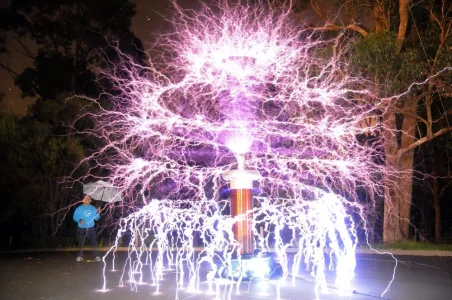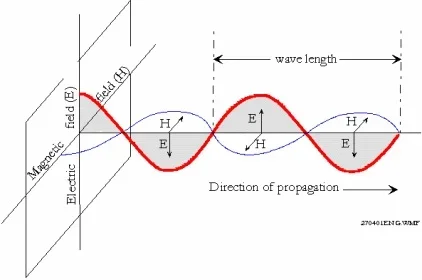- MBTI
- INFJ
- Enneagram
- 9 Mediator
....
On Self-Knowledge
Kahlil Gibran
Your hearts know in silence the secrets of the days and the nights.
But your ears thirst for the sound of your heart's knowledge.
You would know in words that which you have always known in thought.
You would touch with your fingers the naked body of your dreams.
And it is well you should.
The hidden well-spring of your soul must needs rise and run murmuring to the sea;
And the treasure of your infinite depths would be revealed to your eyes.
But let there be no scales to weigh your unknown treasure;
And seek not the depths of your knowledge with staff or sounding line.
For self is a sea boundless and measureless.
Say not, "I have found the truth," but rather, "I have found a truth."
Say not, "I have found the path of the soul." Say rather, "I have met the soul walking upon my path."
For the soul walks upon all paths.
The soul walks not upon a line, neither does it grow like a reed.
The soul unfolds itself like a lotus of countless petals.
I've not read this one by him before today. This is beautiful....and gently infuses my heart with peace and calm and joy.
I especially resonate with the line ..."I have met the soul walking upon my path."
Something I learned many months ago about Ego has helped me embrace my intuition and act upon it.
It is the job of the Ego to retain data (memories ....thoughts/emotions/experiences/knowledge learned) in order to protect and help the body survive in a harsh world.
It makes it's decisions based upon the past (data).
It uses the past data of your life experience to predict your future actions.
If you want to change your future - you have to stop relying on the ego's past data patterns.
We - as humanity - will never move forward to that which we intuitively know is better for us - unless we stop focusing on the past (data) patterns. This is why science alone will not show the way. This is why belief systems alone will not show us the way.
Sit back and have a conversation with your Ego. You'll hear it telling you all sorts of things and they will all be based upon what it already knows...






